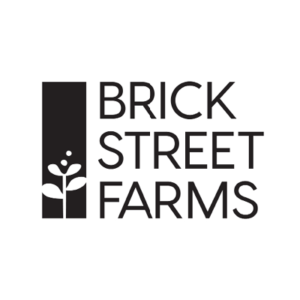
Pinellas County, Florida
Founded: 2016
Brick Street Farms (BSF) created the patent-pending technologies which use recycled shipping containers as mini-farms that grow 2-3 acres each of traditional leafy green farmland, in 1/3-acre urban settings— bringing mass food production to the point of consumption—with a direct-to-consumer retail experience and a business-business wholesale model that is environmentally and financially sustainable.
Agriculture, Forestry, Fishing & Hunting
1650% increase from 2018 – 2021
93502400% increase from
2018 – 2021
Tell us a bit about yourself. What led you to starting your company?
My co-founder Bradley Doyle and I started Brick Street Farms in 2016 with a mission to be the most sustainable farming system while bringing production to the point of consumption. I’ve lived in Florida for about 16 years now and I realized that with population growth, demand, and climate change, we needed a way to grow extraordinary amounts of produce in very small spaces. I am an electrical engineer by background and Brad is a software architect.
Before Brick Street Farms, we both worked for Duke Energy. We wanted to apply a lot of the energy conservation principles that we learned there to the agriculture-tech or indoor controlled environment agriculture space. We were self-funded to start, and we didn’t have millions of dollars to build out a warehouse, so we started with shipping containers. We built our first models between 2016 and 2018 and now we have over 24 farm containers in operation. It was important for us to focus on how we can maximize production per cubic foot while reducing our carbon footprint and how to use as little water as possible.
Not only have we developed farm technology that allows for indoor growing in shipping containers, but we’ve also developed two patented technologies that are included in our model, which are an energy management system and a water management system. Our energy management system reduces energy consumption by 30% and our water management system self-produces 98% of the water that we use.
At Brick Street Farms, we have three revenue lines. First, servicing wholesale hospitality like hotels, restaurants, restaurant groups, universities, and hospital systems. The second piece that we service is wholesale grocery. We have a partnership with Publix, Greenwise, and several other smaller independent grocers throughout West Central Florida. Our third line of revenue is direct to consumers. We have an on-site farm store, as well as online shopping and home delivery.
Our home delivery is next-day delivery and we’re really excited about it. We do all distribution and delivery ourselves because it’s very important for us to control the supply chain beginning from beginning to end. As part of our core mission, we want to ensure the products that are being delivered to you are as fresh as they absolutely can be.
Did you know you always wanted to be an entrepreneur?
I’m not sure I set out to be an entrepreneur, but I didn’t shy away from it either. I’m a definitely risk taker and I’m very comfortable being in that position and trying new things. When Brick Street Farms really started to gain traction between 2016 and 2018, I knew I needed to make a choice in order for the company to take off it. I resigned from Duke Energy, which was a phenomenal and great experience, and dedicated myself full-time to Brick Street Farms. We started very, very small. It was just a couple of us and now we’re up to nearly 40 full-time employees. I can say that the word entrepreneur in 2017 looked a lot different to me than it does today.
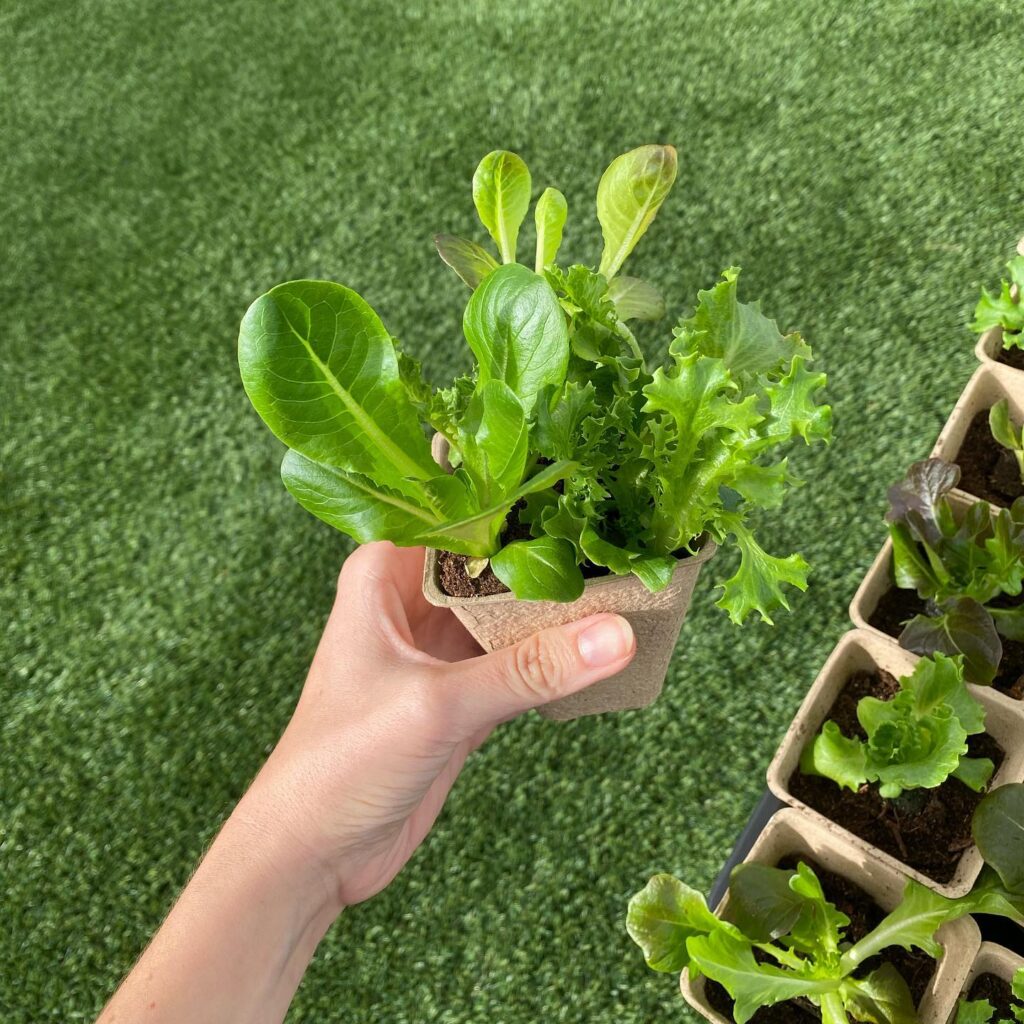
What is the competition in your industry like? How do you differentiate yourselves from your competitors?
The controlled American agriculture space is really going through a transformational shift right now. The industry has boomed over the last five to eight years and we’re starting to see a bit of a bursting bubble at this point. There are a few large players in the space who have started to consolidate. There are also a few big players that went through significant fundraising over the last handful of years that are now starting to be more conservative and looking forward to profitability. Brick Street Farms has been very conservative in its growth. We’ve gone through pre-seed, seed, and a couple of bridge rounds in our fundraising. We’ve raised $11.2 million to date whereas other companies have raised nearly a billion dollars. We have focused on our core mission, to produce to the point of consumption, which is why we specifically chose shipping containers so we can grow in urban areas. We believe that we’ve developed a very modular system that is flexible and can be anywhere – whether it’s a city, a desert, an island nation, or even a military base or ship. Each one of our hubs is on average about a $5 million investment per property. If you compare that to a lot of indoor warehouses, those take anywhere from $50 to $250 million to build. Our solution costs way less and we have nearly the same production capabilities. That’s what we’re very, very proud of. Right now, we have 20 shipping containers that are growing the equivalent of almost 70 acres of farmland every month on only 12,000 square feet.
What are some of the challenges you’ve faced while trying to scale your company?
I can tell you I have a degree in engineering, and I also have my MBA, but I feel as if I’ve gotten a Ph.D. in business in the last couple of years – I’ve learned far beyond what I ever learned in the classroom. One thing I’ve learned is that one of the most challenging parts of running a business is staff and staff management. We’re constantly recruiting, training, and managing staff expectations as a small business. Secondly, we survived a pandemic that was incredibly challenging. Back in early 2020, almost 100% of our revenue was wholesale hospitality. When the state shut down for two weeks we lost 99% of our business in just seven days. It was the most terrifying month of my life. We had no choice but to pivot because we were sitting on fresh product that was going to go bad. Fortunately, people were still shopping at the grocery stores, so we started selling all our products in almost 800 Publix stores. As our restaurants started to ramp back up, we slowly reduced our supply to Publix and back to our restaurants.
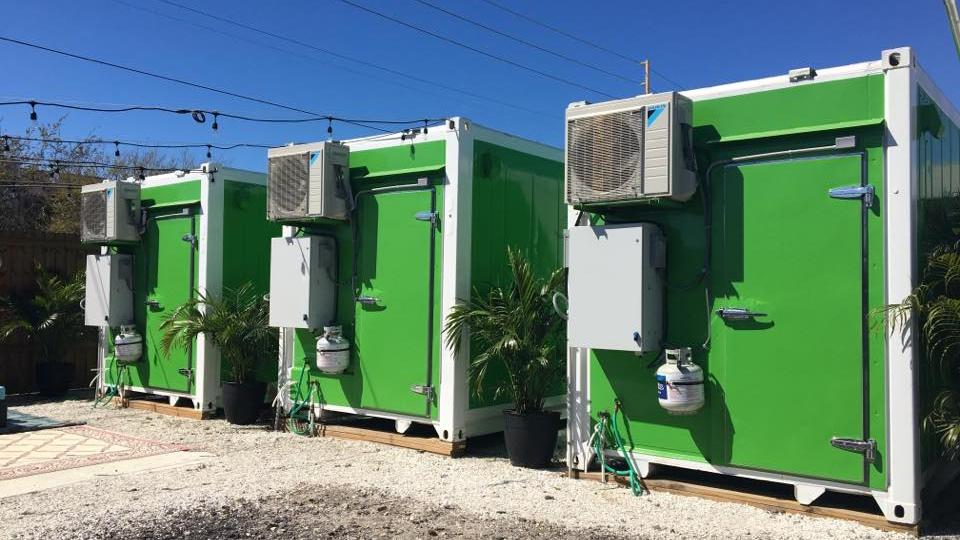
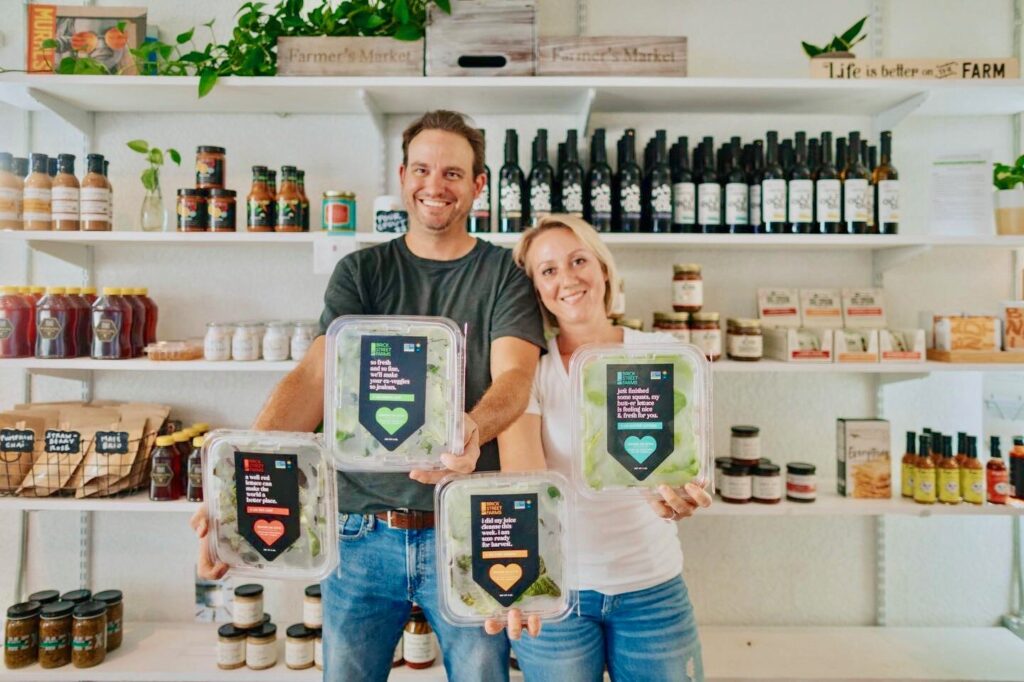
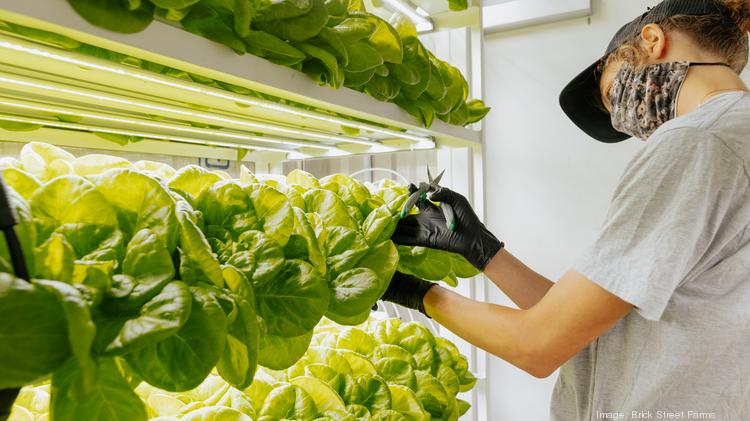
What are some of the goals you have for Brick Street Farms in the coming years?
As we look forward, our primary goals in 2023 are to focus on increasing our direct-to-consumer home delivery service and our membership program to support the Desert Farms Foundation. We’d like to increase traffic to our farm store as well as home delivery. We hope to eventually be able to expand to the entirety of our wholesale delivery radius, which is 100 miles from our Brick Street Farms location. I’d love to have the demand for home delivery be as large scale as we are on the wholesale side.
In addition to that, if you look at our website, we have farm memberships and a monthly subscription membership that allows our customers to receive exclusive farm perks while also supporting our Desert Farms Foundation. The foundation is our nonprofit that works to provide fresh produce and leafy greens to food deserts throughout Pinellas County. We provide fresh food to the Boys and Girls Club, Feeding Tampa Bay, and several soup kitchens and pantries in and around the area. In fact, 100% of the monthly subscription of someone’s membership goes directly to supporting Desert Farms so that we can provide the same freshness to everyone in our community that our customers receive. We’re encouraging everyone in our community that appreciate having a fresh local farm and who want to support food deserts, to join our membership.
Why was it important to you to start your own foundation?
It’d be very easy to have Brick Street Farms without Desert Farms, but we believe that it’s important to service all members of our community. We believe everybody should have access to fresh food, so we want to be in the community putting our money where our mouth is. We found that it’s important for our employees to know that they’re working for a company that’s helping to make our community a better place. Because of this, we tend to attract new talent that has a broader sense of the greater good, to begin with. Even beyond the foundation, our team is behind what our business is doing in the industry, too. We’re producing 70 acres of fresh produce with 30% less energy, direct to consumer, no chemicals, no pesticides, certified non-GMO, and shell producing 98% of the water. All our employees are environmentalists in one way or another so they want to work for a company that echoes their same values.
Do you have a proudest moment so far?
I think of two things. One, I’m going to circle back to what I said about the pandemic and not having to lay off our team members. In fact, we were even able to increase their benefits with us now offering 100% company-paid health care for all full-time employees. In addition to that, the flexibility of our team is. The staff went from wholesale hospitality, pivoted our entire production model during the pandemic and now we’re going back to how we started. I literally have the most adaptive staff I’ve ever worked with who go above and beyond because they believe in what we are doing. It’s an ongoing feeling of gratitude.
My second proud moment is that we’ve just completed the construction of our full prototype that has 20 fully functional farm containers, a centralized control container, and is inclusive of all our production and retail. This has been almost seven years in the making. It’s on the property that Brad and I bought in 2015. We had to lease a warehouse to move our business so that we could do the construction on the site and now we’re finally back home on the property that Brick Street Farms own. That is the true culmination of what Brad and I have been working on since 2016. We had a vision of a high-tech shipping container-based hydroponic farm and we’re back on that original property. It took a lot longer than we thought because of the pandemic, but we’re done, we’re there and now we’re focused on how to best optimize that property. Between the adaptability and support of our core staff members and then finally finishing the vision for our property those are my proudest moments.
What does it mean to be selected as a GrowFL Florida Companies to Watch Honoree?
It feels a little bit surreal. I’ve been working for so many years with my head down. I know personally, something I need to work on is picking my head up and looking around me. This broader recognition is forcing me out of the day-to-day in my forestry-farm-bubble to see the big picture. Somebody else is recognizing us, it’s pretty nifty. I actually get a little teary-eyed thinking about it. It feels good. You forget how good it feels to hear someone say, ‘good job.’ It gives me more fuel to keep going.
Is there anyone special you’d like to thank?
I’d like to thank Brad Doyle, my co-founder, and husband. He’s never been full-time employed by the business, but he is fully dedicated to engineering and the mission. He’s part of the brain power here. I’d also like to thank our board of directors which is comprised of our primary investors, including David Chesler of Chesler Holdings, based out of Sarasota. They have been a major, multiple investor for us and helped us survive the pandemic, complete our construction project, and believe in what we’re doing. I’d also like to thank Johnny James, who is the CEO of Lykes Bros., one of the largest privately held agricultural companies in the U.S. They fulfilled our $5 million seed round and to have a legacy agriculture company support a new, controlled environment agriculture company was a huge validation for us. Johnny James has not only been a huge supporter but he’s become a mentor in many ways, too. I have a tremendous amount of respect for him and David Chesler.
You don’t know what you don’t know. Be prepared that you aren’t going to have all the answers. I always tell my staff, don’t let perfect get in the way of good enough. You have to keep moving forward, you have to make decisions, and you have to take risks. As an entrepreneur and business leader, your staff and your investors are going to look to you to keep things moving forward. It might not always look the way you’ve had planned in your mind, but that doesn’t mean it won’t turn out just as well or even better.




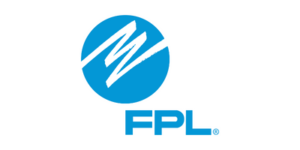

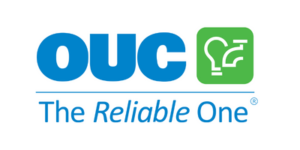




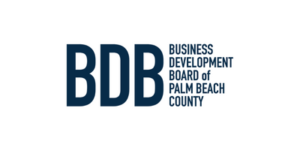









GrowFL is driven by one goal – to cultivate second-stage growth companies across the state. Second-stage companies are the backbone of Florida’s economy and the definition of economic success and prosperity.
GrowFL, through our diverse programs and services, provides proven methods to help overcome unique challenges facing second-stage companies as they grow.